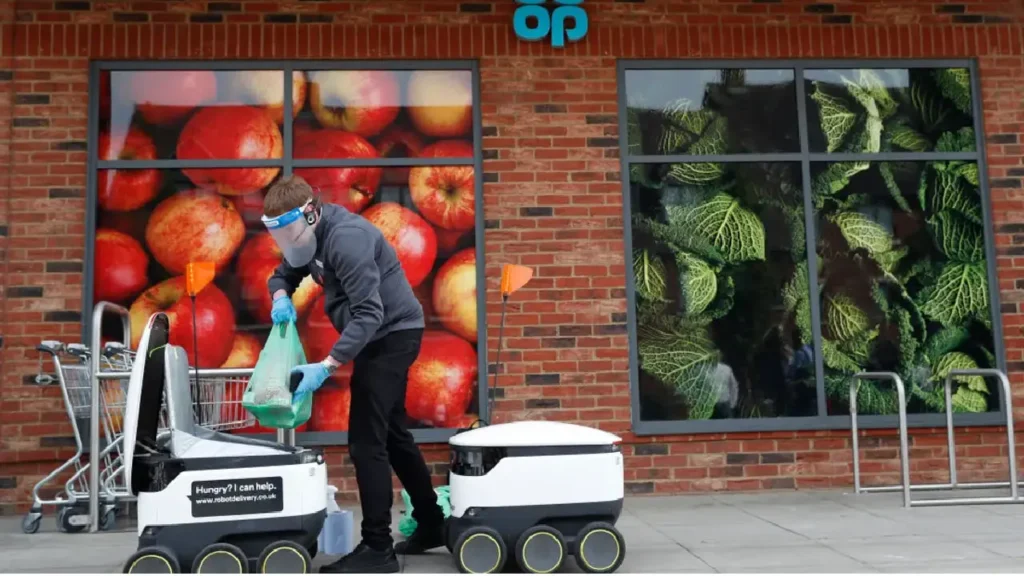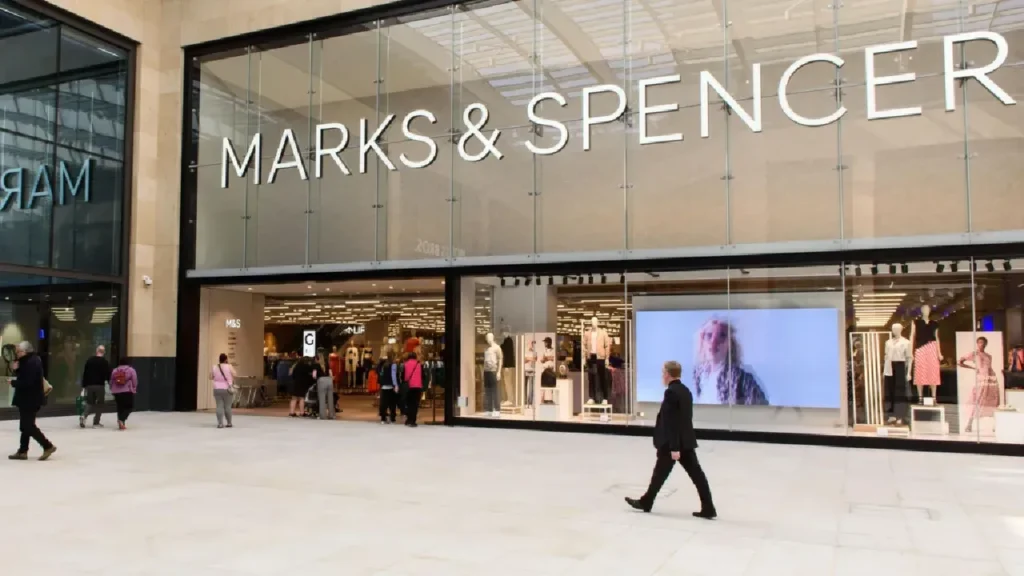Highlights:
- Co-op faced a two-week supermarket cyberattack in April 2025, disrupting payment systems and compromising customer data.
- Immediate action and collaboration with cybersecurity agencies facilitated a successful IT system relaunch.
- The incident of the Supermarket Cyberattack underscores the need for proactive cybersecurity measures in the retail sector.
- Industry-wide collaboration is essential to address the evolving landscape of cyber threats.
In late April 2025, the Co‑operative Group—known for its 2,300 food stores, funeral services, legal, and insurance businesses—was forced into crisis mode when it detected a major cyberattack targeting its IT infrastructure. Prompted by intrusions that also hit fellow UK retailers like Marks & Spencer and Harrods, the Co‑op swiftly shut down parts of its network, disabling back‑office systems, stock‑monitoring tools, and virtual desktops. This pre‑emptive action, while disruptive, was ultimately praised for preventing a more crippling scenario .
For several weeks, the Co‑op operated with constrained capabilities. Payment systems in about 10% of its stores were temporarily offline, which meant customers had to revert to chip‑and‑PIN or cash. In contrast, shelves, particularly in remote stores, began running perilously low. Store staff managed inventory using handwritten forms and prioritized deliveries to rural outlets. Still, the disruption was tangible: in one case, a London store expected 30 food cages but received just 20.
Customer data was also compromised. The attack gained access to personal details, including names, addresses, and dates of birth, for a “significant” number of customers and former members. However, no financial or password information was taken. In response, the Co‑op opened investigations with the National Crime Agency and the National Cyber Security Centre, and communicated openly with members to check for signs of phishing or misuse.
A Staged Relaunch: Systems Return Online

By the middle of May, the Co-op had started a staged relaunch of its internal systems. The first to return online were the supply-chain and stock-ordering technologies, which allowed warehouses to better coordinate replenishment. Contactless, chip-and-PIN, and general checkout systems were all restored across the country. Online and in-store stock levels increased as systems were restored, but the Co-op warned that supply chains might not entirely normalize until that weekend.
Leadership characterized the relaunch as “safe and controlled,” with a focus on deliberate management over speed to avoid more mistakes. Delivery priority was given to stores in remote and rural locations with the worst shortages. Shops started replenishing fresh, chilled, frozen, and cupboard necessities by the end of May, when stock availability had significantly improved.
Operational Disruptions and Employee Resilience

Frontline workers had to deal with everyday challenges as digital systems progressively returned to the internet. Staff had to manually interact with suppliers without automated ordering tools, frequently anticipating supplies that failed to arrive on schedule. Co-op commended staff and members for their collaboration and efforts despite these obstacles.
Using human labor, the retailer could keep up customer-facing operations. Stores continued to operate, home delivery services persisted, and funeral homes were entirely operating, demonstrating the effectiveness of emergency procedures and decentralized decision-making. Fatal service failures were uncommon. With print statements expressing a dedication to recovery and gratitude for the public’s patience, the Co-op emphasized its apologies in-store.
Containing the Incident: Preemptive Defense Tactic

Cybersecurity experts praised the Co-op’s action to take down a portion of its network. According to reports, hackers planned to use ransomware, but the Co-op’s preemptive network lockdown thwarted their plans, essentially exchanging temporary discomfort for long-term security. This resilience-first approach demonstrated the quick action advantage: reducing the worst-case consequences.
In late April, the Co-op limited access to vital services, mirroring similar actions by its peer, Marks & Spencer. Supported by the UK’s National Cyber Security Centre, these coordinated preventive efforts highlight a developing trend in cyber defense: retaliation is too late; instead, it must be proactive and flexible.
Communication and Transparency With Members

A crucial case study in Supermarket Cyberattack, the Co-op hack highlights that the Co-op kept lines of communication open with employees and clients during the crisis. Information on which systems were down, safety precautions, and what had been restored was posted online and in-store. The shop cautioned members to double-check messages and watch for dubious emails.
The cooperative commended employees and suppliers for their contributions to the recovery and signaled “gradual improvement” once systems resumed. In its public messaging, the cooperative prioritized rebuilding trust over shifting the blame, which experts say is crucial to regaining loyalty after a breach.
Strategic Recovery Lessons

Vendor Vulnerability is a Core Risk: The attack is believed to have stemmed from a compromised third-party system, perhaps as part of the linked wave targeting M&S and Harrods . This underscores the importance of tightly managing and vetting vendor access and implementing segmentation and monitoring on external connections.
Preparedness Pays Off: Systems relating to supply, payment, and core services were backed by manual fallback procedures, which kept operations afloat. Co‑op’s readiness to switch methods quickly paid dividends .
Swift Shutdowns Can Save the Day: Co‑op and its peers’ preemptive lockdowns limited damage from malicious intrusions. This decisive action likely prevented full-scale ransomware deployment .
Communication Builds Resilience: A transparent, member-focused communication style helped contain reputational fallout. Open acknowledgment of failure, strategic apologies, and consistent updates cultivated member trust during the crisis .
Post‑Attack Actions and Next Steps

Co-op plans an urgent cybersecurity makeover, and when IT systems are completely relaunched, more frequent system audits, better MFA, endpoint detection, tighter vendor restrictions, and greater segmentation are anticipated. Lessons learned were incorporated into the recovery itself: rapid-response teams are in place for potential threats, and instructions now go through cleared channels.
Additionally, the Co-op’s experience has revitalized UK retailers’ national collaboration on cyber resilience. The NCSC is implementing sector-wide rules, promoting tabletop exercises, and exchanging best practices in response to previous breaches affecting well-known companies.
Conclusion

Co‑op’s IT relaunch after the attack was more than a technical milestone; it was a statement that resilience, transparency, and preparedness can elevate crisis into opportunity. By restoring systems responsibly, engaging members transparently, and isolating threats swiftly, the Co‑op not only avoided catastrophic fallout but also set a benchmark for retail recovery strategy.
As it redeploys its digital backbone, the Co‑op’s lessons resonate across sectors: cyber risk is systemic, not siloed; supply-chain security matters as much as endpoint defense; and human trust remains invaluable in the digital age. For Co‑op, this incident will be remembered not as the attack that broke it, but as the moment it proved it could be stronger, more strategic, and more trusted in its recovery.
